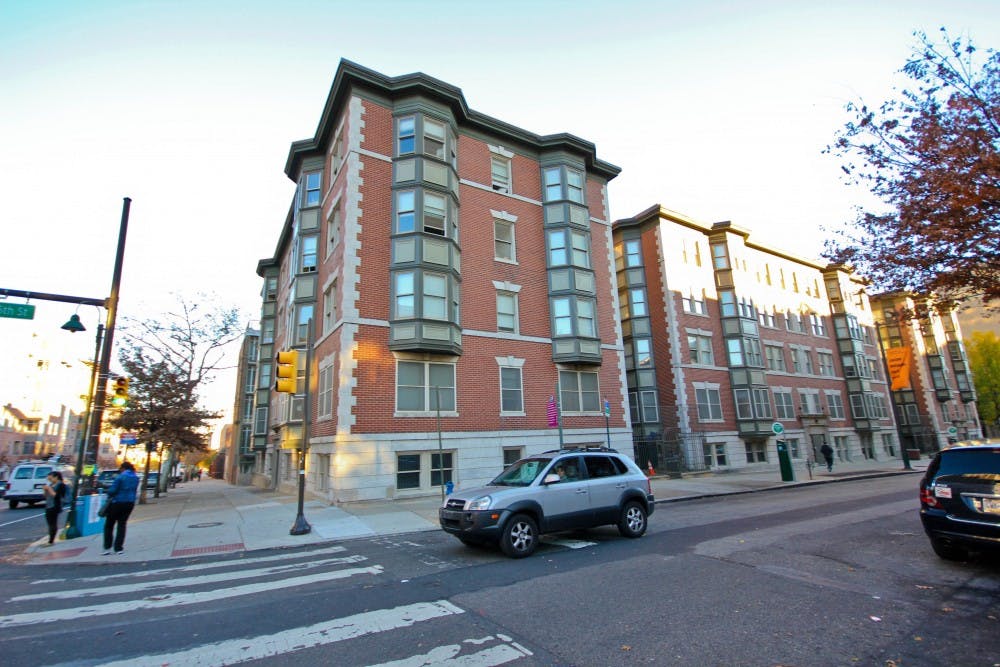Though other Philadelphia universities send students safety alerts over the summer, Penn does not.
After a shooting over the Fourth of July weekend near Kings Court English House, various students reported not receiving a UPennAlert about the incident, though some faculty and staff members did.
The Division of Public Safety said the decision to not enroll students in the summer alert system stemmed from technological issues, as well as concerns of bothering students away for the summer with late-night messages.
Drexel University, whose policing patrol zone overlaps with Penn's, does not allow students to opt out of receiving summer alerts, according to its Public Safety website. Temple University also sends safety alerts to at least some students during the summer months, including to those away from campus.
“Communication via the DrexelALERT system is a critical component of Drexel's emergency notification strategy,” Drexel's Public Safety website states. “If you are a student, faculty or staff member, messages from DrexelALERT to your Drexel e-mail account and voice messages to all Drexel landline phones will be automatic.”
Drexel, which operates under a quarter system for scheduling, sent out two safety alerts since the beginning of the summer. Penn also sent two alerts — one for the Fourth of July shooting, and another for a daytime snatch-and-grab.
Vice President for Public Safety Maureen Rush said she did not feel any pressure to adjust Penn’s alert system because of Drexel’s policy.
“We’re not Drexel,” she said. “It’s an individual decision of each university.”
When UPennAlerts were first set up in 2007, all members of the Penn community — including faculty, staff and students — received the safety messages, according to Rush.
But DPS received complaints during the summer from some students upset about receiving alerts when they were not on campus.
“We were met with a number of unhappy students who were in Japan, Los Angeles … etc. saying, ‘I don’t need to get this [alert],’ “ Rush said.
Complaining students could not just opt out of receiving alerts, Rush said, because the technology DPS uses to send UPennAlerts was not equipped to allow them to voluntarily unsubscribe.
“We have to weigh the needs of the communities in various ways,” Rush said. “If I’m causing you distress because you’re waking up in California [from receiving an alert] and have a medical condition, I could be causing you harm.”
Since that summer, DPS cut most students off of the list of people receiving alerts.
“We stopped sending them to students, except for RAs, GAs or students involved in summer camps,” Rush said. Work-study students and other campus employees should receive the alerts as well, but Rush said there is not a comprehensive list of these groups for DPS to include, unlike the readily accessible records of College House staff.
“Databases don’t all speak to each other,” Rush said of the varying groups of summer workers, researchers and students living off-campus.
And the system is often tedious for administrators to use.
“We were putting [names of RAs and GAs] in one by one by hand,” Rush said.
The UPennAlert system has undergone some policy adjustments in its short history. Faculty members were allowed to opt out of receiving alerts this year after negotiations between DPS and the Faculty Senate.
“We were able to develop that system through our vendor and ISC (Information Systems & Computing),” Rush said.
Even though the technology lets faculty opt out of receiving alerts, it does not allow students to do the same.
“[The names] come from different databases,” she said. “Students come from Penn InTouch, whereas faculty and staff come under the payroll system.” It was unclear why work-study students, who are on the University's payroll, could not have been included as well.
DPS plans on automatically enrolling students next summer with the option of them opting out of the system.
“We are entertaining the option of doing that for students next summer,” Rush said. “We’ll give you the opportunity to stay in — you wouldn’t have to do anything.”
Rush emphasized that, while UPennAlerts are a valuable safety tool, they are not the “end-all” of safety on and around campus.
“It’s important not to make the UPennAlert the only thing to protect the students,” she said. “The thing that protects students is people.”
She pointed out that if students had wandered near the crime scene over the Fourth of July weekend, police would have directed them to leave the area anyway.
“[It’s the] totality of the public safety program that keeps people safe,” she said. “Not one solution fits all.”



